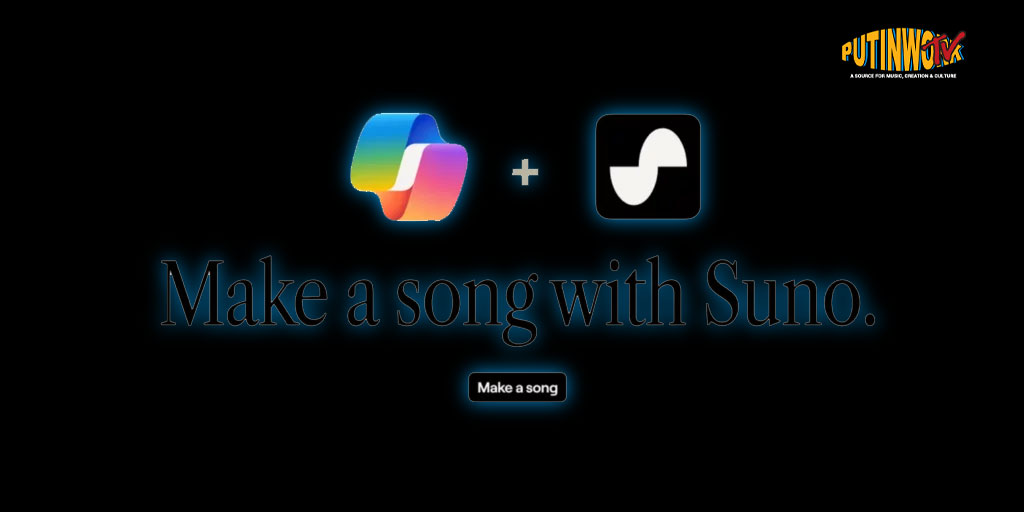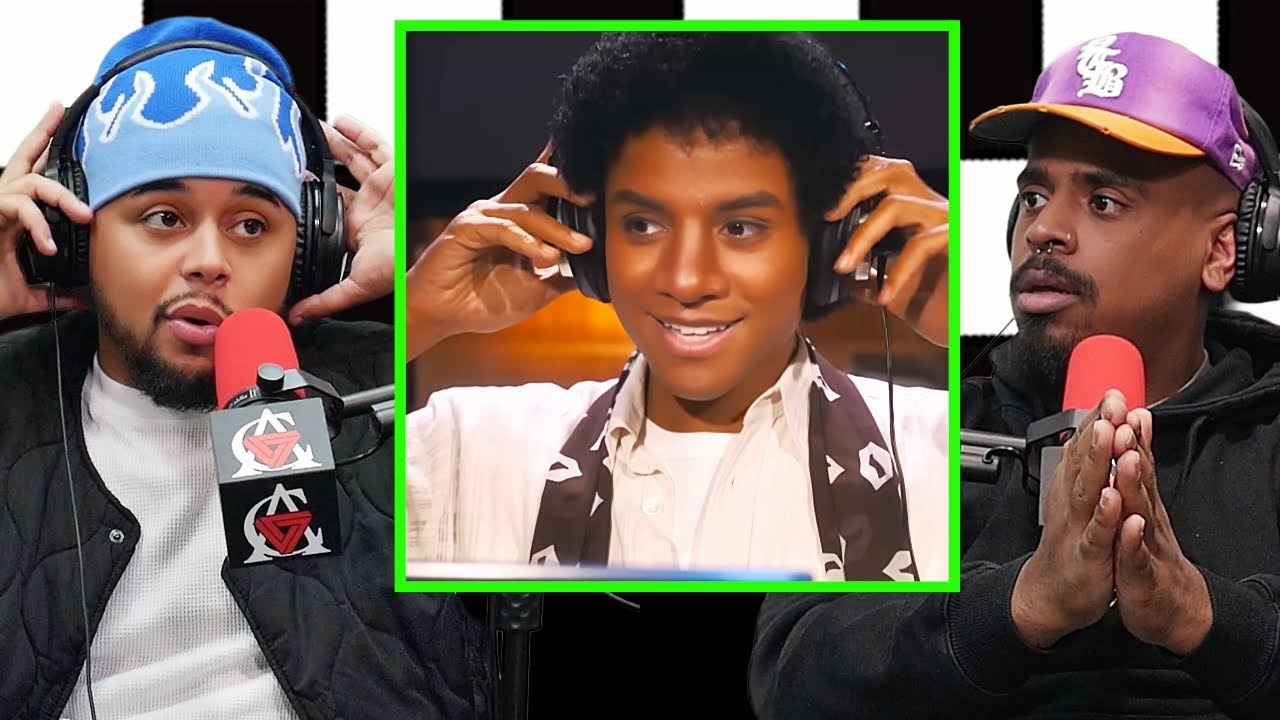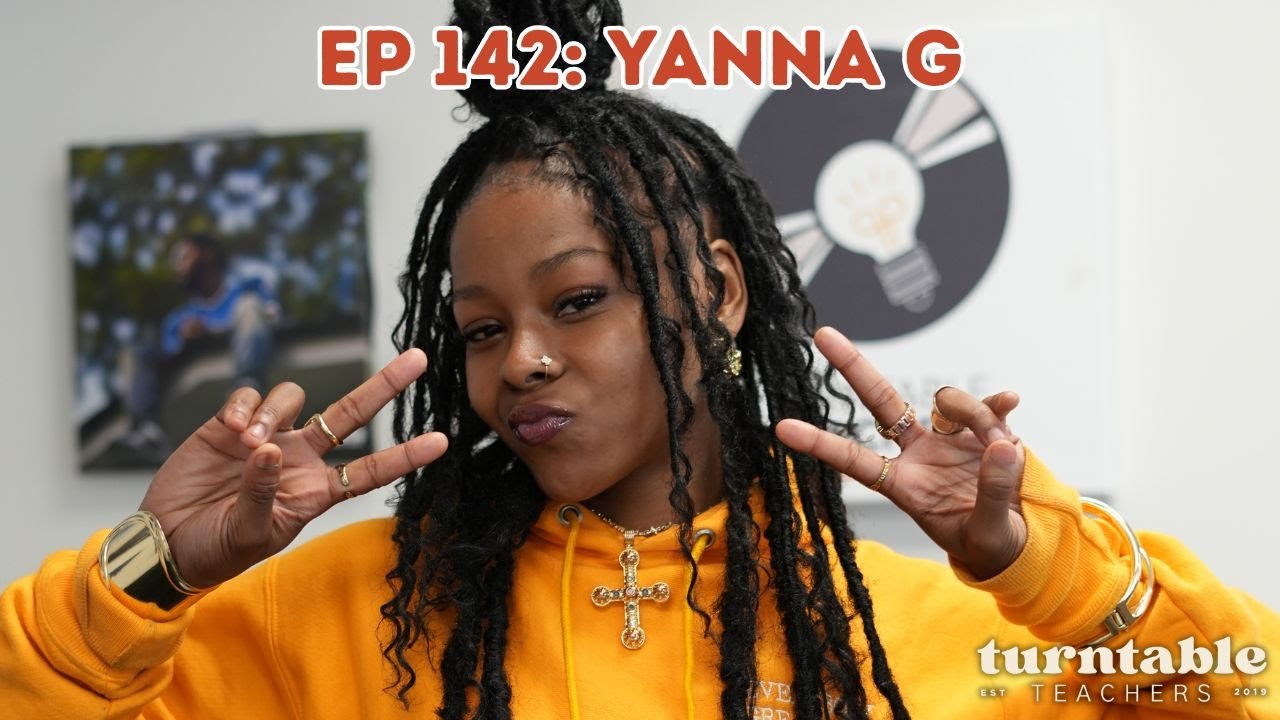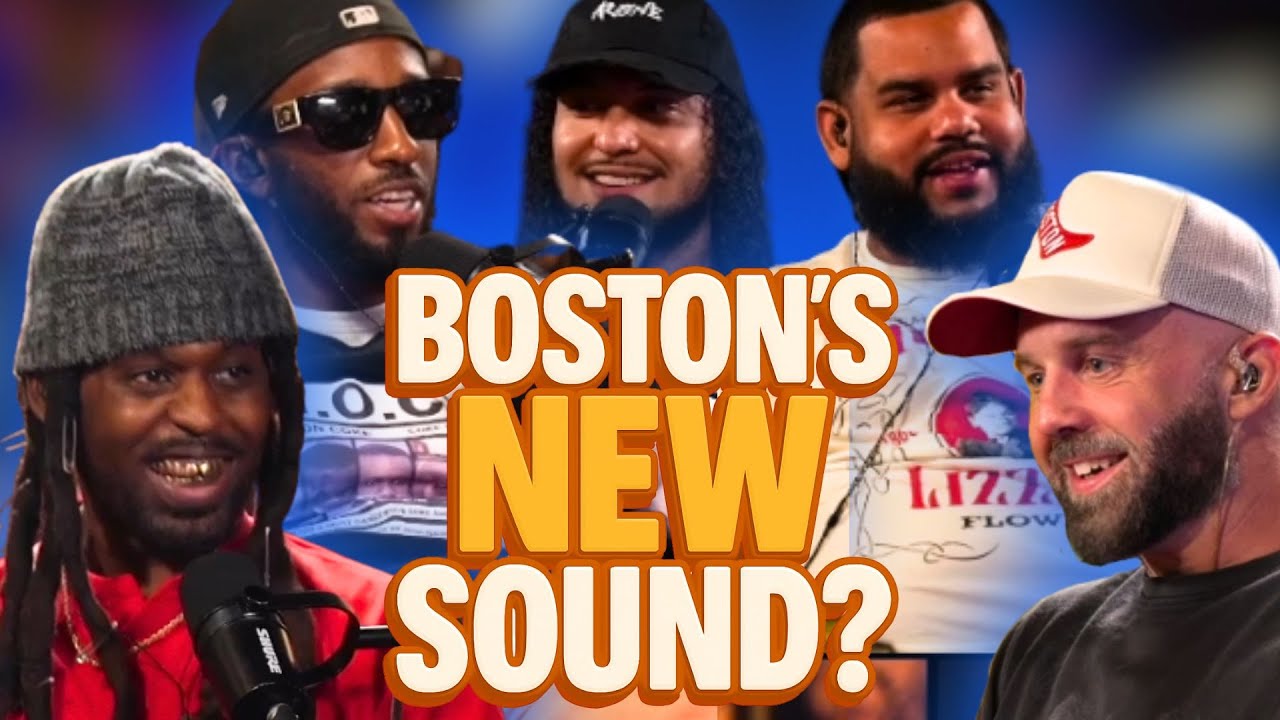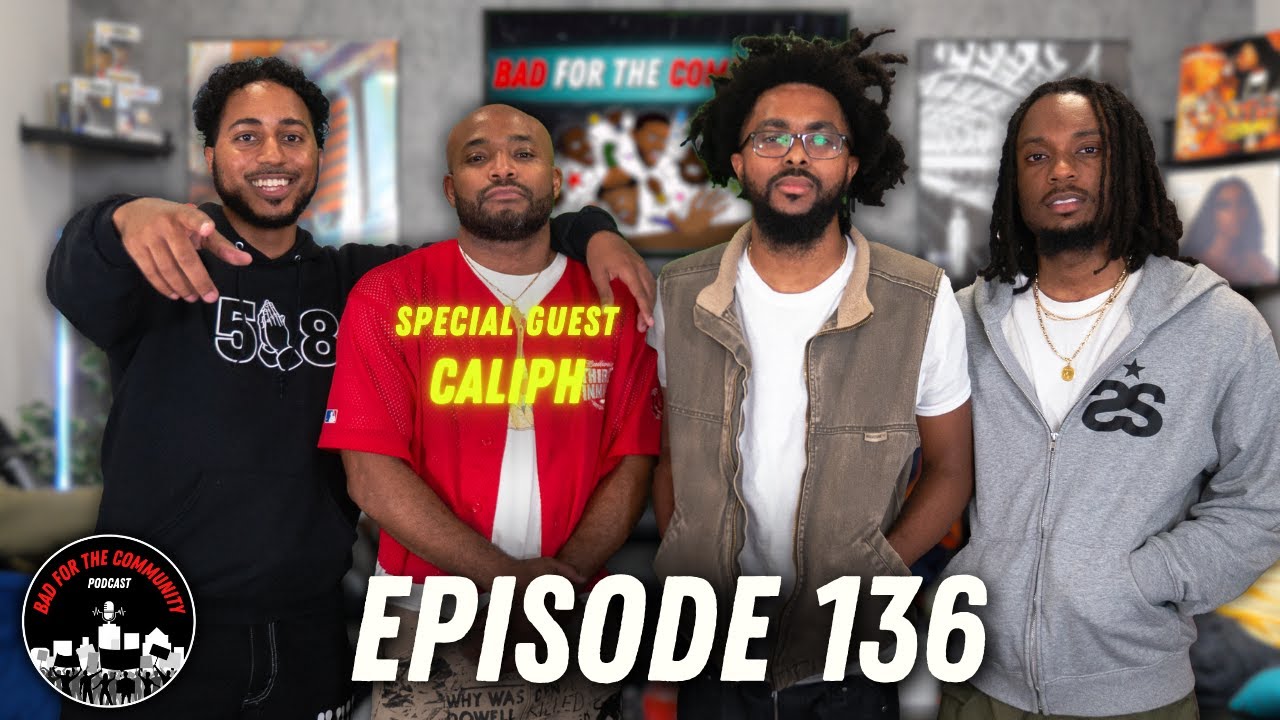Microsoft’s AI-driven chatbot, Copilot, has joined forces with Suno, an AI-based generative music app, enabling Copilot users to craft songs effortlessly using simple text prompts. By integrating with Suno through a plug-in, users can input requests like “Create a pop song about adventures with your family,” and Suno transforms these prompts into fully-fledged songs, complete with lyrics, instrumentals, and even singing voices, as detailed in a Microsoft blog post on December 19.
To access the Suno integration, users of Copilot can visit Copilot.Microsoft.com, log in using their Microsoft account, and activate the Suno plug-in. Alternatively, they can click on the Suno logo labeled “Make music with Suno.” The AI-generated tracks can then be easily shared on users’ social media platforms.
Microsoft expressed excitement about the collaboration, emphasizing that people, regardless of their musical background, can now create personalized and entertaining songs with a simple prompt. Suno, however, limits free users from monetizing music created on its platform on platforms like YouTube or Spotify and retains the rights to songs created by free users. Commercial rights are granted to paid subscribers, according to The Verge.
Microsoft is actively involved in AI music research through its Muzic initiative, which began in 2019. Under the umbrella of ‘The Deep and Reinforcement Learning Group’ at Microsoft Research Asia (MSR Asia), Muzic explores AI advancements in music, including text-to-music generation, lyric generation, lyric-to-melody generation, and songwriting. Notable projects under Muzic include the AI-powered rap generator, DeepRapper, singing voice synthesis using AI, and MuseCoCo, an AI-driven text-to-symbolic music generator.
The collaboration between Copilot and Suno reflects a broader trend of tech giants and startups investing in generative AI-driven music creation technology. Google’s DeepMind and YouTube introduced Lyria and Dream Track, while Meta launched its own text-to-music AI generator called MusicGen.
Despite the excitement surrounding AI-generated music, ethical and legal challenges persist, with some artists expressing concerns about algorithms learning from existing music without proper consent and compensation. Suno, in particular, does not disclose its AI training data sources on its website, raising questions about transparency. Despite claims of blocking certain prompts, Suno does not restrict users from entering requests like “in the style of [artist].” However, the platform asserts it blocks users from uploading existing song lyrics to generate covers.

